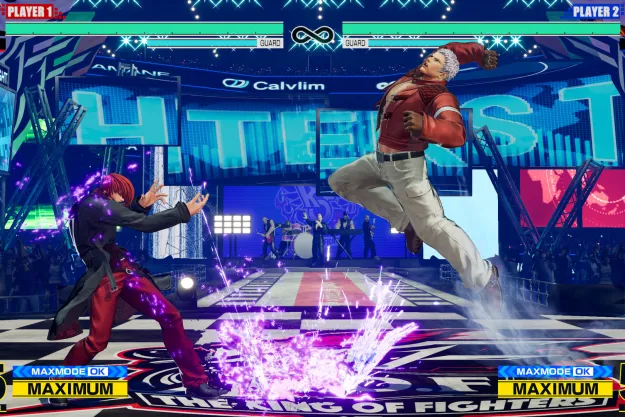It seems that a number of people are lamenting the passing of Voodoo, the high-end gaming company that HP bought in 2006, and more recently, is rumored to have killed off. But the brand and products aren’t going away. The unit is simply being merged into HP. This will mean a number of changes for Voodoo, most good, some possibly bad depending on where you sit. None of this is unusual. Cadillac and Lincoln started out as separate companies at one time and now, decades later, they continue to be distinct from other GM and Ford products.
Let’s chat about why people likely got excited in the first place, and what the future holds for Voodoo.
The Scary Part of an Acquisition
I’ve been part of an acquisition three times in my career, and can categorically say, as an employee at any level in a company: Being acquired tends to suck if you don’t like change. The bigger the differences between the acquired company and the company doing the buying, the greater the process is likely to suck. People who like to work for small companies often don’t fit into large enterprises easily, and it is hardly unusual for the smaller firm to find its offices shut down and the employees, or their jobs, moved to the larger firm to contain costs.’
That is likely how the news of the Voodoo change leaked out. I expect that an employee who really didn’t like the idea of relocating decided to leak the information out about the consolidation, in the hope that the Voodoo fan base would go ballistic and stop the changes. I’ve actually never seen this happen, and the result, typically, is a much higher level of distrust between the parent company and the one that was acquired.
Also, when you are talking companies of HP’s scale, they can typically trace down the leak. And if they find you, the words “career limiting” are generally an understatement. Your only real choices are to either suck the change up, or take a package (assuming there is one) and go work someplace else. In this economy, I’m thinking the second choice may not be the best one.
What This Means for Voodoo
For some time now, functions like marketing had already been shifting from Voodoo to HP, and many of the most creative people had been moving into HP to assist with projects ranging from the HP Blackbird to enterprise workstations and servers. To Voodoo’s advantage, it gained access to the massive HP labs facility, and the technology contained within it. Much of what’s inside (and I always get the mental image of the warehouse in the first and last Indiana Jones movies) has never seen the light of day.
Taking a bunch of creative types and giving them access to cutting-edge super-secret enterprise tech is like letting a little kid who loves candy into a candy store, unsupervised. The eyes get big, the pockets fill up, and hopefully something sweet results.
The new Omen and Envy resulted from just the initial light merging of the two firms, and now the plan is to take the Voodoo brand worldwide, with a broader line and even more interesting products. While this is happening, some of the concepts being used to create these high-end Voodoo offerings are also migrating down into HP branded products that the rest of us can afford, substantially enriching the HP line. So there will be both an increasing number of premium Voodoo branded products, and HP products with Voodoo DNA, like the Blackbird PC.
You may recall that HP makes smartphones, and has a bunch of ex-Apple people helping to create their next-generation phone. You may not, however, have thought through the likely coming of a Voodoo phone, which might actually surprise both Apple and Google, who also have likely not thought of it. This is the kind of thing that the consolidation of these two units makes possible.
Wrapping Up
When a large company buys a much smaller one, change is inevitable. If they remain separate, there is a high likelihood that the effort will fail and the unit will either be shut down, or sold. That isn’t happening here. Voodoo is not only becoming part of HP, it’s changing the firm, helping to make it more dynamic and exciting. Given that few of us can afford Voodoo-branded products, but virtually all of us can afford HP products, this gives more of us a chance to own cool stuff. It is hard to argue that this isn’t a good thing, while we wait for the Voodoo HP smartphone.


